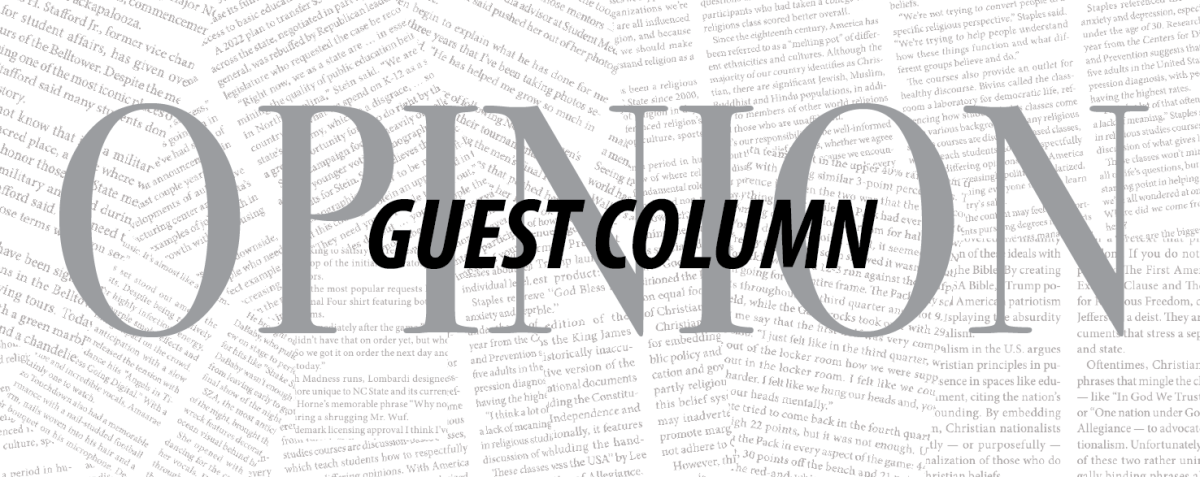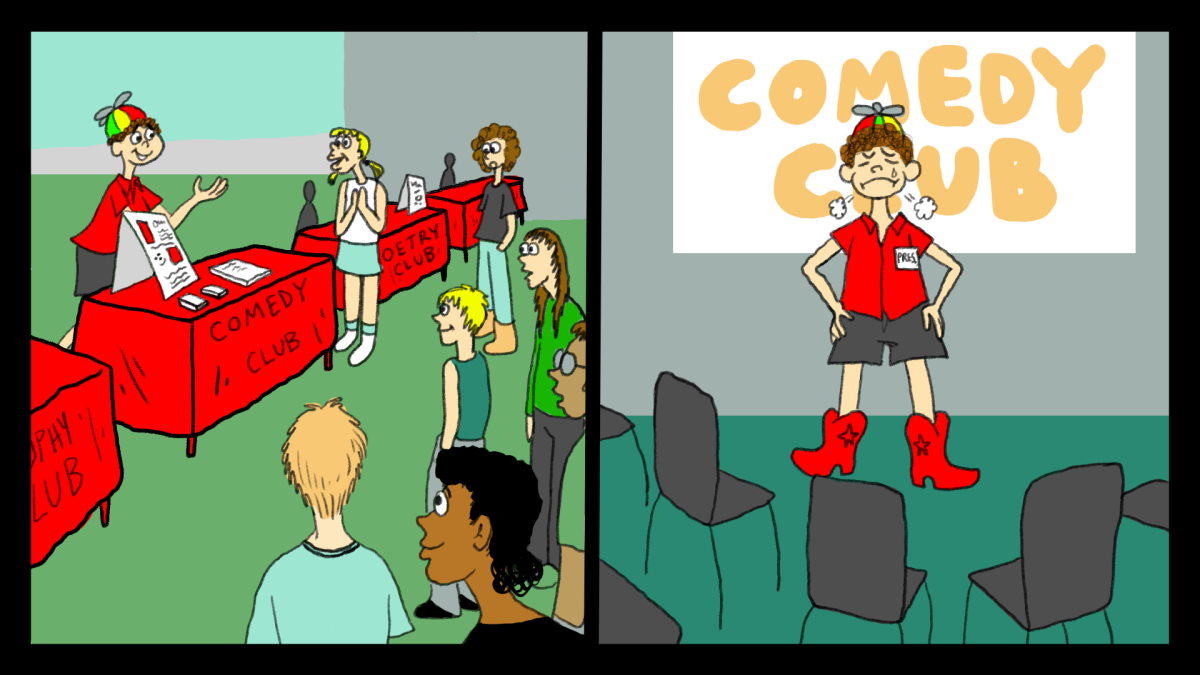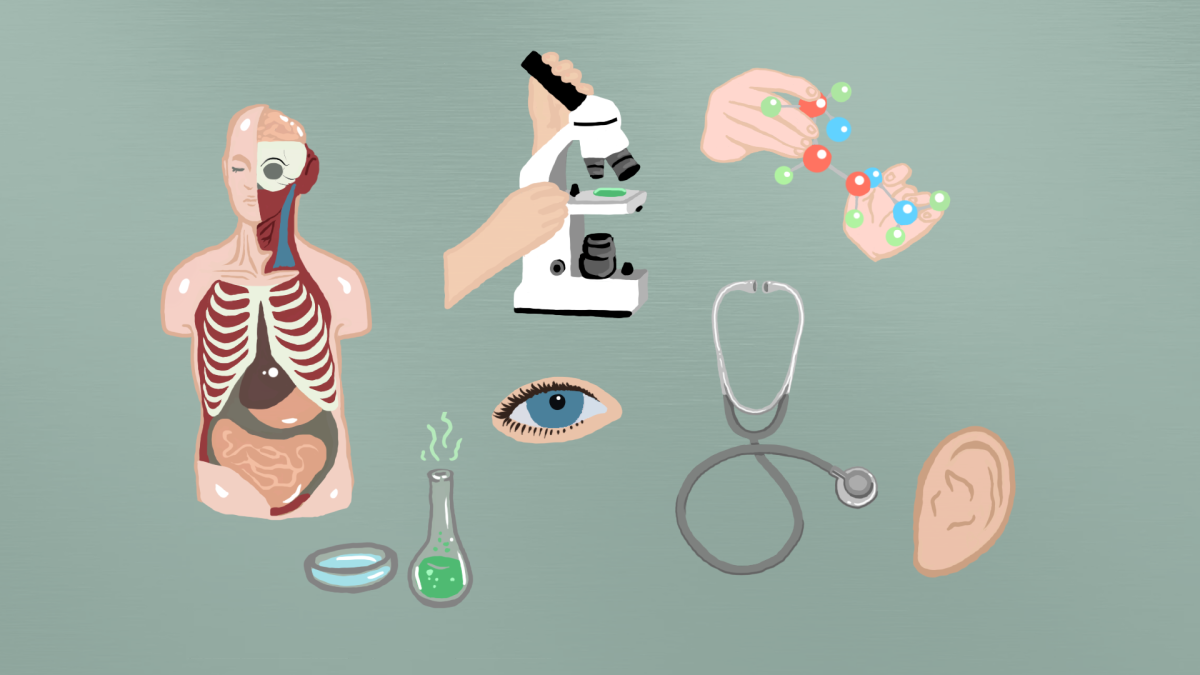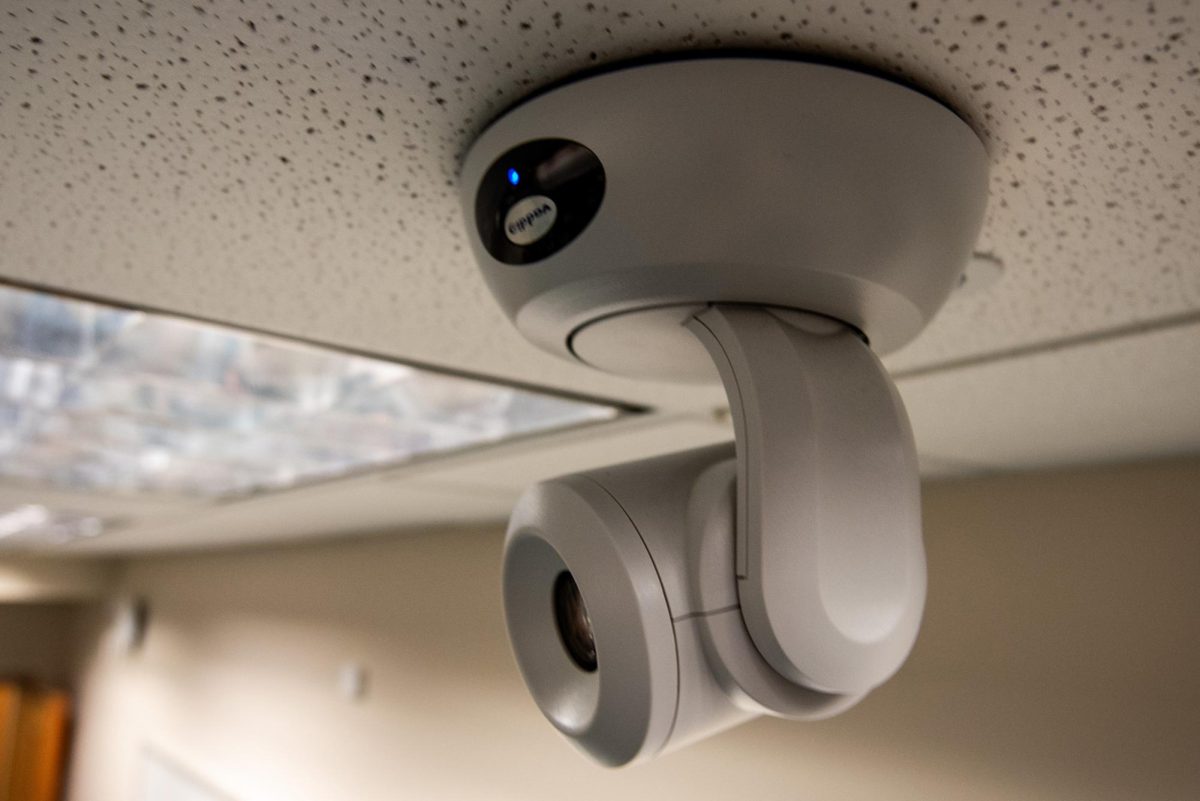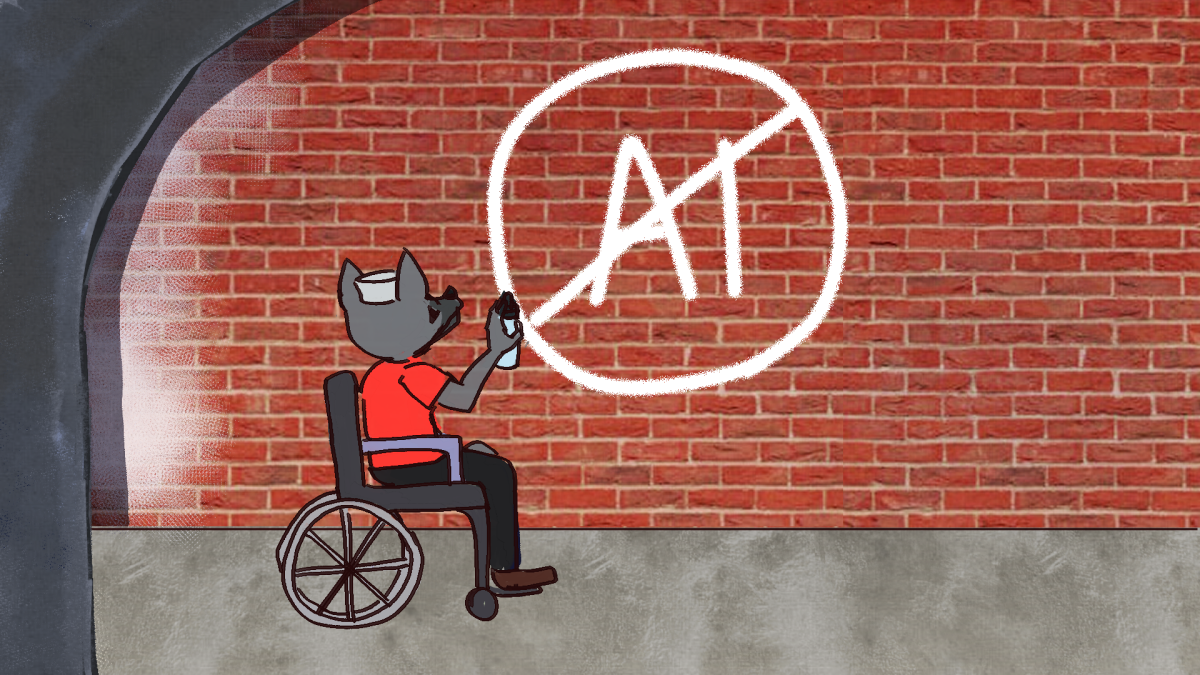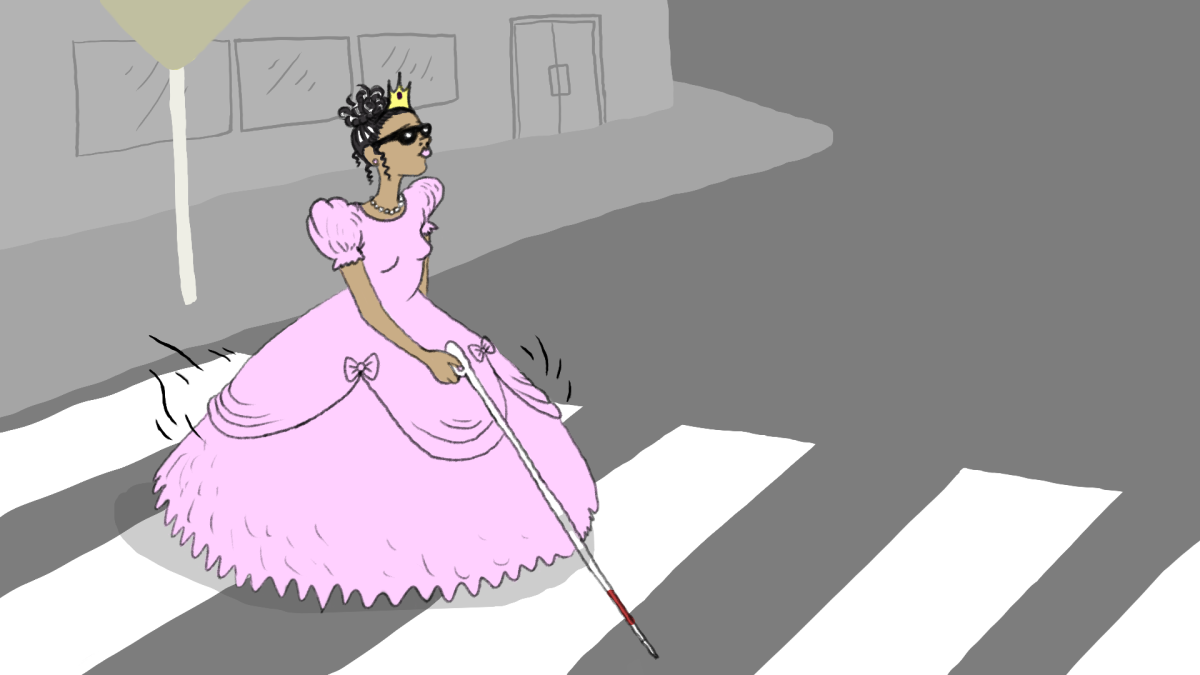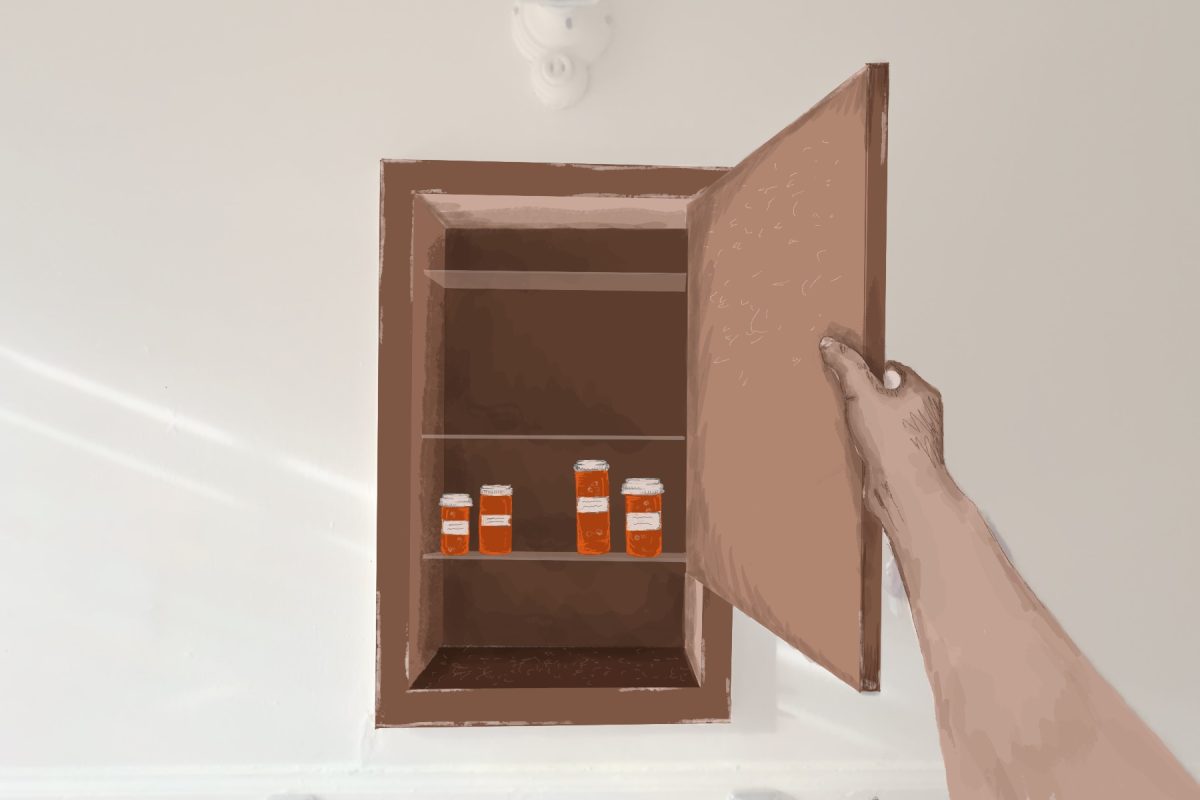Editor’s Note: This article references gun violence, substance use and death.
Read our letter from the editor detailing the reasoning for the publication of this guest column. Technician seeks to platform all perspectives and invites nuanced discourse. Letters to the editor may be sent to [email protected].
Twenty years ago, I caused a bleak day in NC State history. On Sept. 4, 2004, while tailgating for the NC State football season opener, I killed two men during a drunken altercation. I loved NC State and I loved being a student, but I represented the University terribly.
NC State was founded in 1887 with the purpose of serving people and the community by creating “economic, societal and intellectual prosperity for the people of North Carolina and the country.” Under Chancellor Randy Woodson, NC State launched the “Think and Do the Extraordinary” campaign, building a reputation for developing solutions to individual and societal problems.
In contrast, I acted without thinking and served no one. I hurt people and the community.
Like other NC State students, I arrived in fall 2000 with a foundation for success. I had wonderful parents and the advantages of academic gifting and opportunity. My parents were incredible — loving, kind, giving and honest. Teachers described me as one of the smartest kids they taught.
When people ask me how and why I am in prison, I tell them this happened because of my downward spiral of compromise. The downward spiral of compromise describes the gradual degeneration of my choices and character. One compromise led to the next, which led to the next.
The compromise began in high school by hanging with a party crowd. As a college freshman, I attended far more parties than classes, did more drinking and smoking pot than studying and learning and added experimentation with other drugs. I forfeited an academic scholarship due to a 1.0 GPA. Attending summer classes allowed me to maintain eligibility.
The close call salvaged my academic focus. My name made the dean’s list the next two semesters. Although the frequency of partying decreased, continuing to party at all was complete compromise.
In December 2003, I made a pivotal compromise — the terrible choice to sell cocaine. Quickly addicted to the money, I began to view myself as a drug dealer. Adopting that identity led me to accept violence as normal.
Nine months later I killed two men during the drunken altercation in the student tailgating area. My long and ever-worsening series of bad choices caused irreparable harm.
My plummet represents a worst case scenario to an extreme degree. But no person can escape the consequences of compromise.
NC State students arrive with immeasurable potential. The ones who focus on their goals accomplish incredible things. They serve others and solve problems through dedication and innovation. Students who compromise derail their potential.
My compromised choices derailed me.
In jail charged with murder, I stared through the small, bar-covered cell window in downtown Raleigh. I could see both my past and future, literally.
The view revealed both Lee Hall, the dorm I lived in as a freshman, and Central Prison, the prison that figured to be my next residence.
Looking at my former dorm, I could see my specific suite door on the seventh floor. That view generated pleasant snapshots from my college life.
Falling in love with a beautiful, blonde art major. Walking and holding hands in the Little Raleigh Theater Rose Garden on a spring evening. Cheering the Wolfpack football team and quarterback Phillip Rivers to victory over Notre Dame in the Gator Bowl. And the inevitable all-night study sessions fueled by Starbucks coffee and Gumby’s pizza.
These memories kindled visions of the plans I had held. Graduating with a psychology degree. Getting a master’s degree in clinical psych. Helping children and adolescents with learning disabilities and developmental disorders. Being the best uncle ever to my nephews. Getting married. Becoming a father.
However, that future shattered against the harsh concrete walls of Central Prison.
Feelings of guilt and remorse — remorse for killing two human beings, unique persons with memories and dreams, loves and likes, experiences and plans — left me with a choice. Do I mindlessly shrivel up and await death, or do I make the most of the life that remains? I chose to do the best I can with what I have right where I am.
I cannot give back the lives I took. But I try to demonstrate my remorse by living so that my actions affect others positively, by serving others — individuals, my prison community and society.
I became a dog trainer in the New Leash On Life program in 2012. We worked with dogs rescued from local shelters, teaching them basic obedience and a variety of tricks, giving them the love and skills to succeed in a permanent home.
Waylon, a Shepherd-mix, and I bonded instantly. He resembled me as much as anyone I’ve ever met. He had immense potential, but no direction. When focused, we could realize our potential. When allowed to drift, we found trouble.
Fortunately, I had the time and energy to help Waylon. At the end of our time together, he had perfect scores on the Canine Good Citizen Test and the rally course.
I trained 15 canines, including one for a child with autism and two for veterans with post-traumatic stress disorder. Working as a dog trainer gave me not just a job, but a way to serve individuals — dogs and people.
In July 2017, I was selected for the inaugural class of the North Carolina Field Minister program. Students receive four years of education from The College at Southeastern Baptist Theological Seminary, culminating in a bachelor’s degree in pastoral ministry, with a minor in counseling.
One of my biggest regrets was wasting my gifts and opportunities by not applying myself while an NC State student. When restarting my education, my primary goal was maximizing the opportunity by performing my studies with excellence. In every class, on every assignment, I strived to do everything with excellence.
Additionally, I was devoted to helping others who did not have my academic advantages. While a student, I amassed well over a thousand tutoring hours, partnered to form an onsite writing center, trained dozens of tutors and compiled a writing guide for students.
In December 2021, based on my tutoring and service efforts, college and prison staff selected me to work for the college as a graduate assistant and with the prison population as a Field Minister.
As a graduate assistant, I train our writing consultants and teach an academic writing prep class to incoming freshmen. In the Field Minister role, I facilitate a cognitive behavioral change course and do peer counseling and mentoring.
This work enables me to serve my prison community. I help my incarcerated neighbors learn, grow and overcome the challenges of life in prison and beyond.
Writing allows me to serve my prison community and society. It has been integral in my transformation and has become my way of life. In high school and college, I despised writing. I always procrastinated until the night before a paper was due.
Prison made me a writer. Writing gives me a way to help solve severe problems facing the prison system, meeting a key societal need. I co-wrote a criminal sentencing reform bill for North Carolina, the Prison Resources Repurposing Act, that has been proposed in the House in 2021 and 2023. My writing has been published in two legal journals and other publications.
The “Sign of the Wolf” stands for serving people and solving problems. Despite my love for the Wolfpack, I hurt people, caused devastation and ended up in prison with a life sentence. Before prison, my life presented the antithesis of what the University represents.
The Shelton Leadership Center, founded at NC State, expounds five core values — honesty, integrity, compassion, diversity and social responsibility. By living with these values, I live to serve individuals, my prison community and society. Living to serve has transformed my existence.
I did not suddenly nosedive from the apex of values my parents taught into the cesspit of selling cocaine and carrying a gun. I descended one selfish, unprincipled choice at a time over several years.
Now, I refuse to compromise on my values. I know it takes only one compromise to enter the downward spiral.
As a Wolfpack fan, the words of Jimmy Valvano from his legendary ESPYs speech speed my heartbeat: “Don’t give up, don’t ever give up.” To me, not giving up hinges on how I live each day. Like Jimmy V, who did lose when he died from cancer, I will not lose if I never get out of prison. Winning means living to serve.
Despite my horrible mistakes, the rest of my life can be used to serve. By serving others, I can uphold the principles on which NC State was founded.
I wish I could tell my tragic tale to every student who arrives at NC State. Maybe the story could help them do two things: refuse to compromise and live to serve. Students who refuse to compromise and live to serve build meaningful lives. They solve the severe challenges facing today’s society. They “think and do” extraordinary things as individuals and as a Wolfpack community.


